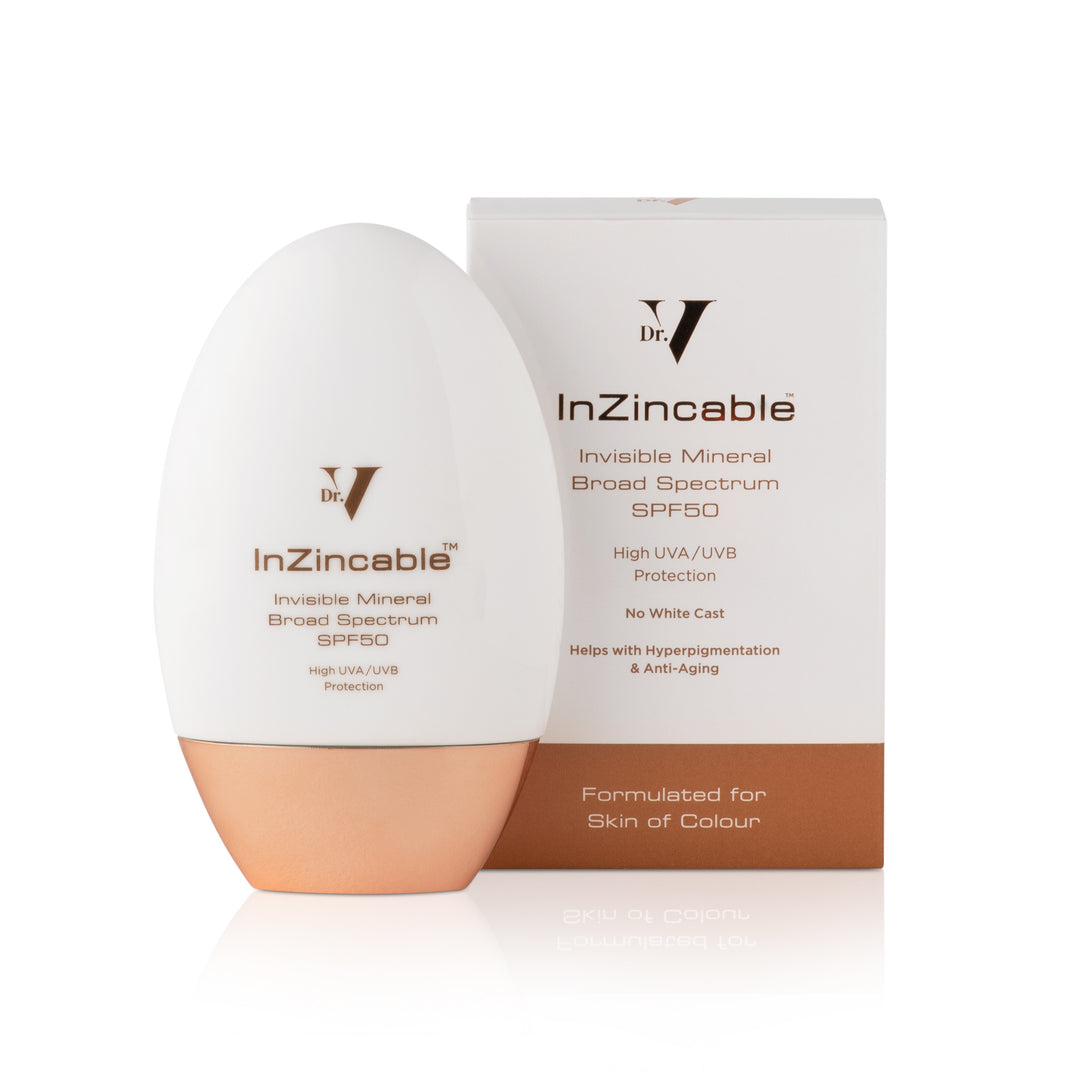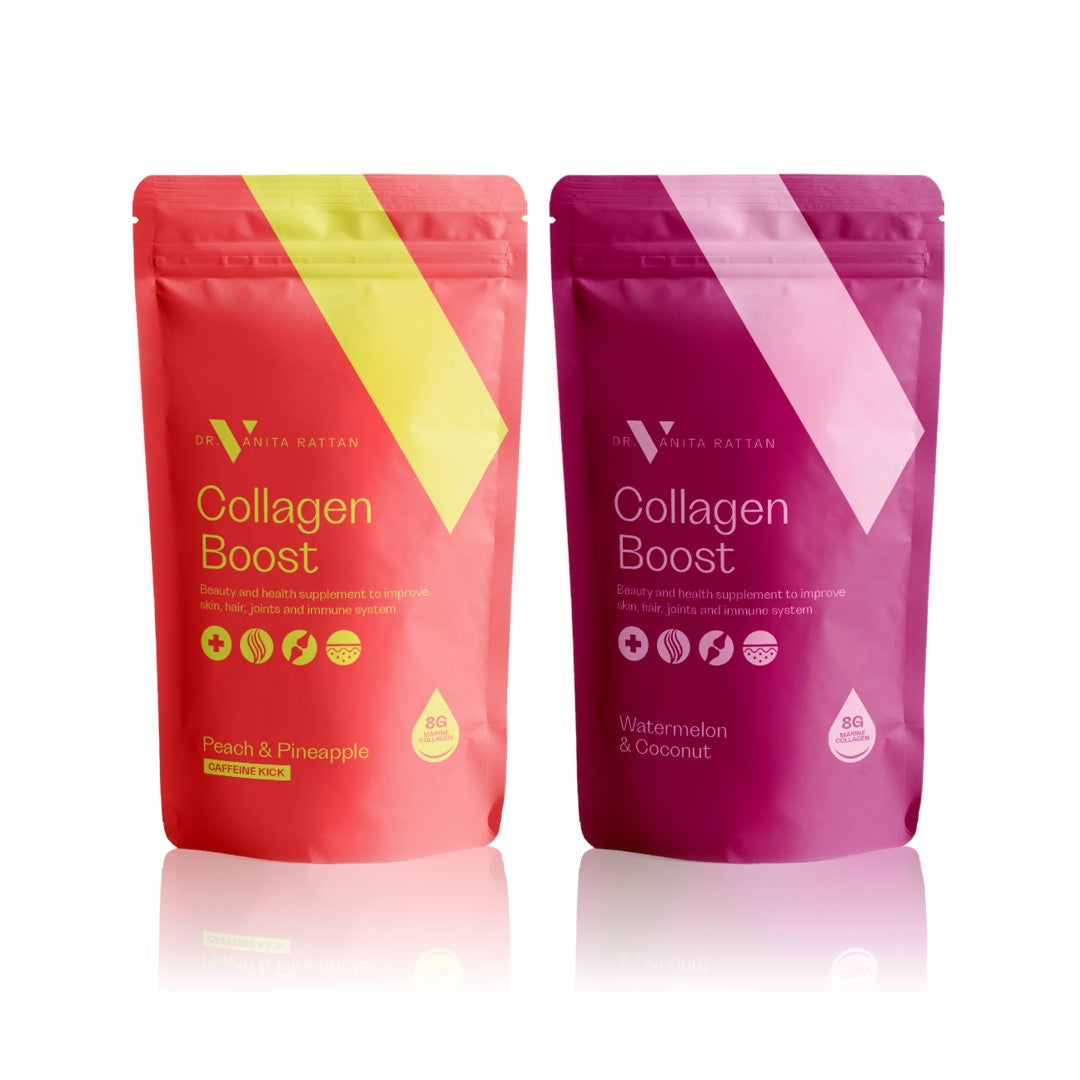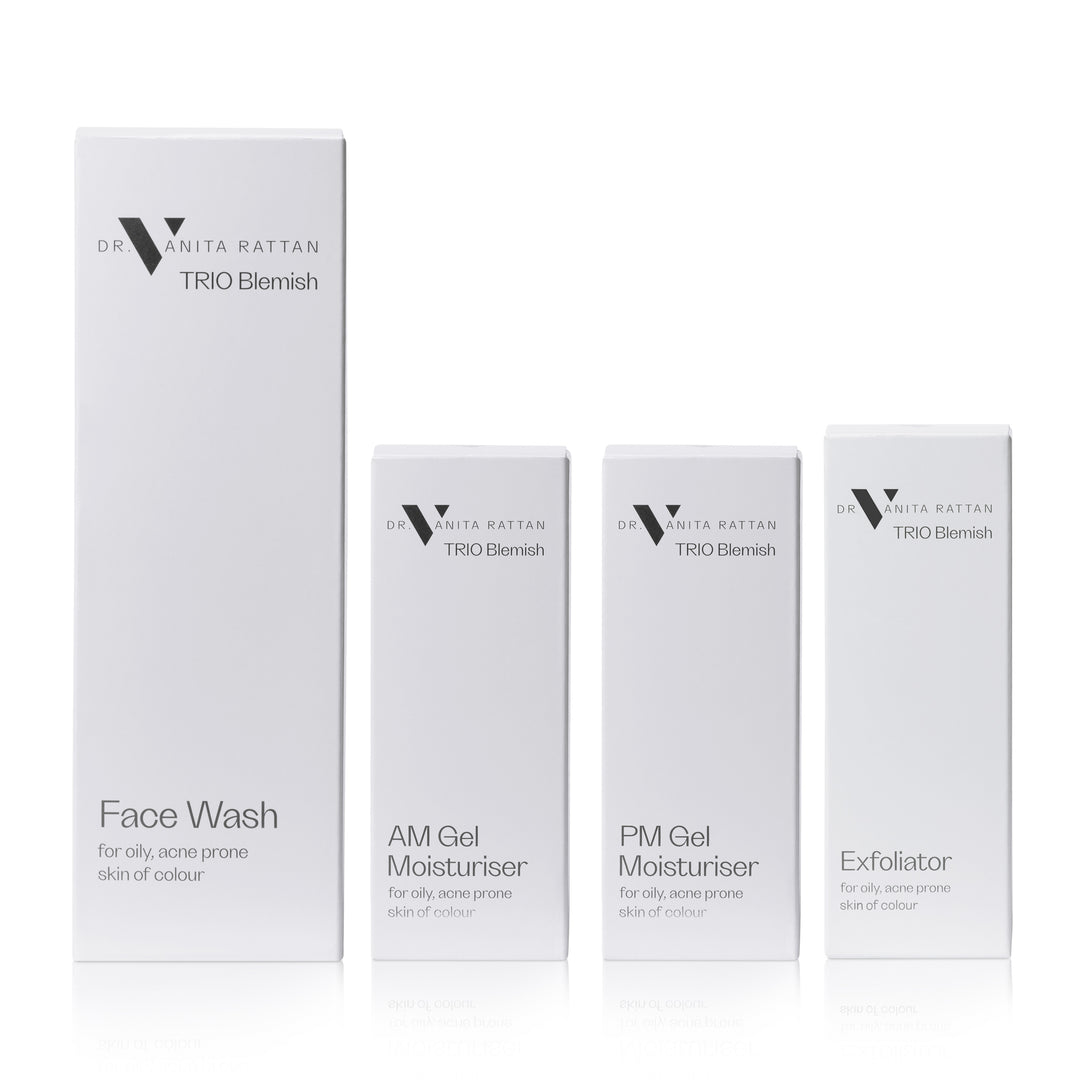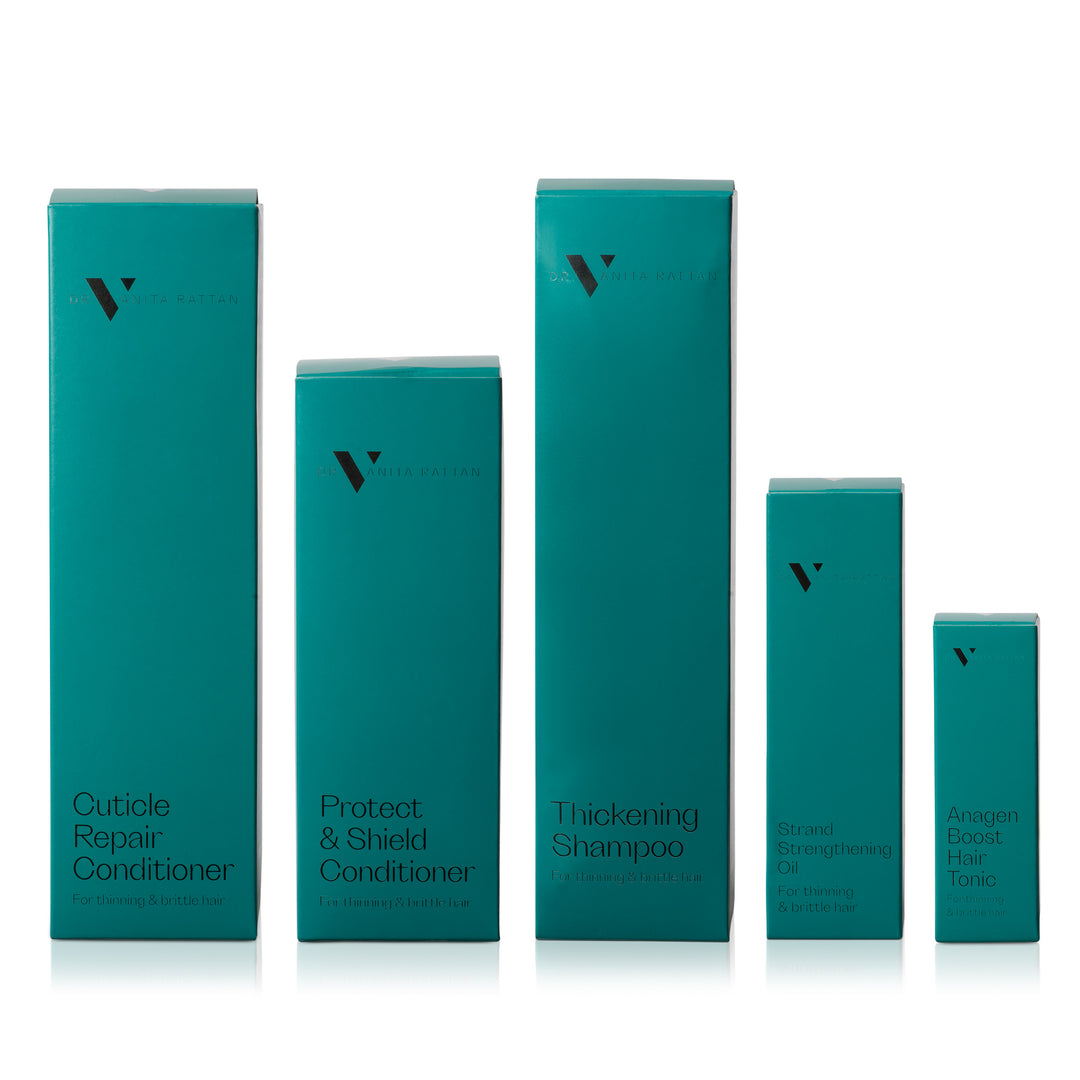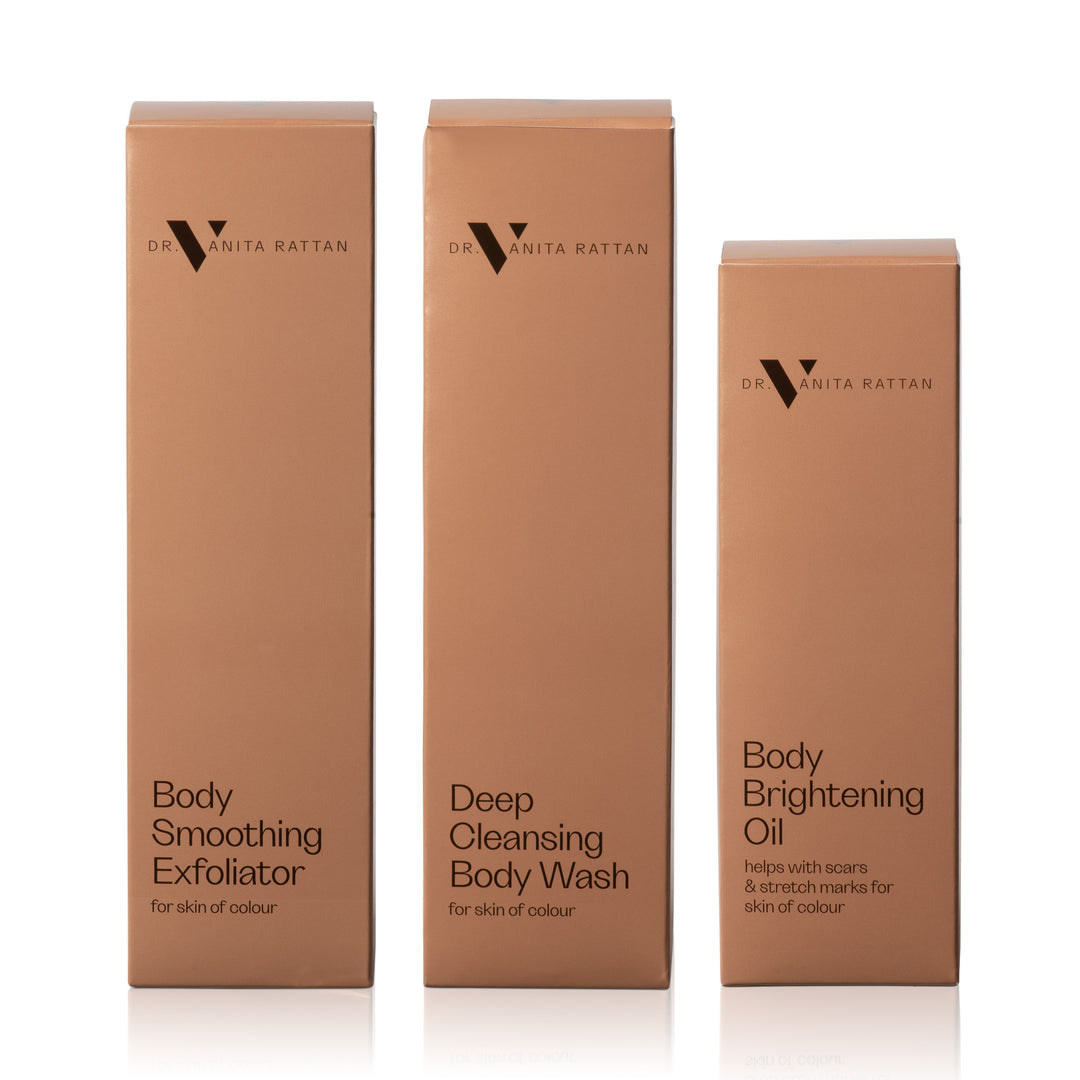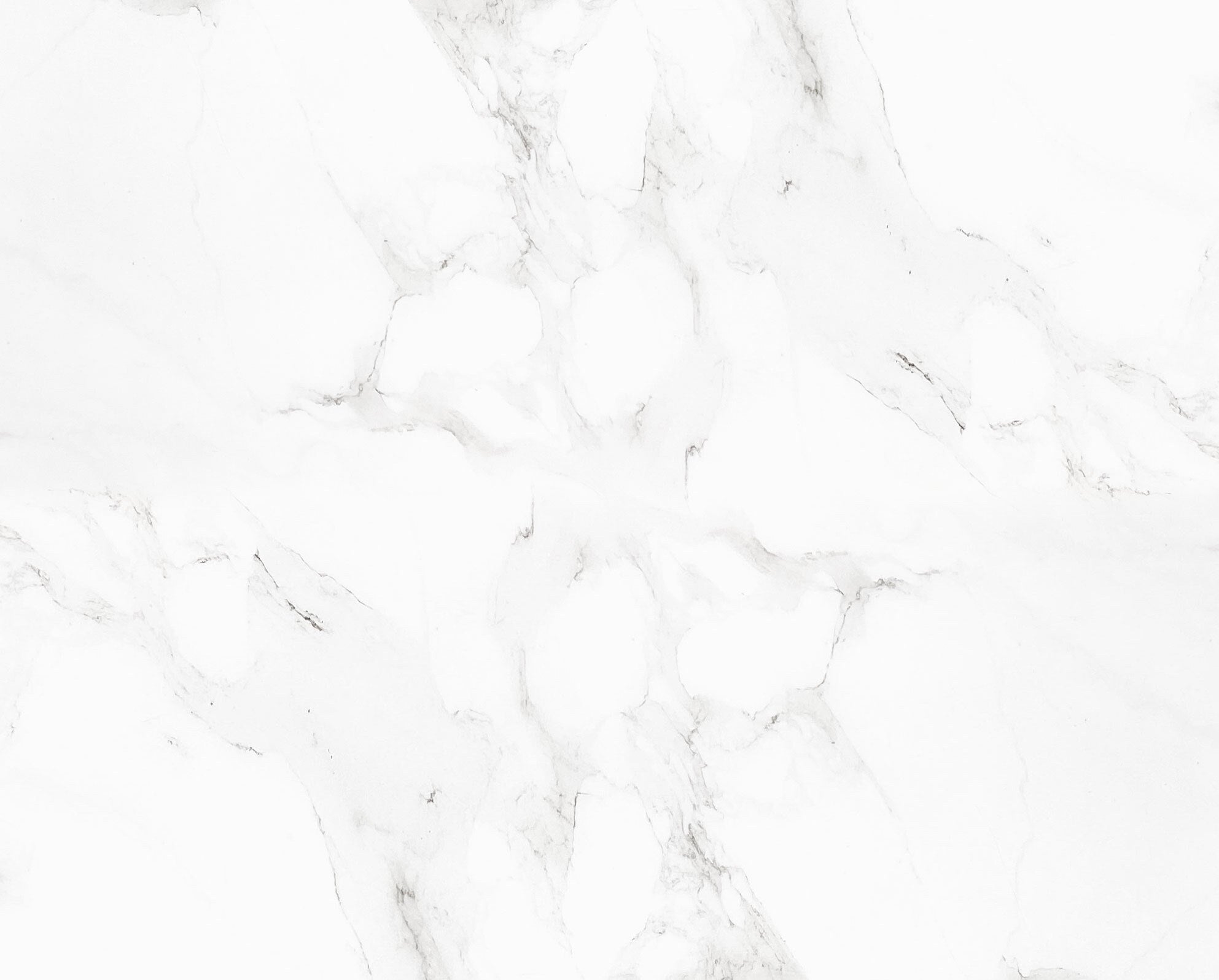Do I Really Need to Change My Skincare for Fall/Winter?

Have you noticed your skin feeling tighter or drier as the colder months approach? As the seasons shift, so do the needs of your skin. In winter, your skin is under constant attack from environmental factors that strip away its natural moisture.
Indoors, central heating creates dry air that increases transepidermal water loss, causing water to literally evaporate from your skin. This can leave your skin feeling tight, dehydrated, and looking dull. When you step outside, your skin faces another challenge: freezing cold air and harsh winds irritate your face. This constant shift between dry indoor air and cold outdoor weather puts your skin under stress, increases free radicals, and accelerates premature ageing. It can also lead to redness, sensitivity, rosacea flare-ups, and a compromised moisture barrier.
It’s essential to use hydrating products, antioxidants, skin soothers, and repair ingredients into your routine for winters to keep it healthy, comfortable, and radiant during the colder months.
Here are a few simple tweaks you can make to your skincare routine to protect your skin this fall and winter.
Switching to a Hydrating cleanser: Hydration is key in winter, so start with a cleanser that nourishes rather than strips your skin. Opt for hydrating and soothing ingredients like glycerin, panthenol, and allantoin, which cleanse while maintaining your skin’s moisture balance. Avoid harsh foaming cleansers, as they can exacerbate dryness and leave your skin feeling tight.
Hydrating Toner: Choose a hydrating toner that doesn’t contain harsh ingredients like witch hazel or denatured alcohol as these can be very drying to the skin. Instead, look for toners with humectants like hyaluronic acid and glycerin, which act as water magnets, drawing moisture into your skin. Toner penetrates deeply in the skin and also allows all subsequent products to work more effectively, making it an essential step both morning and night. If you also want antioxidants and anti-pigmentation properties in your hydrating toner, our Super Hydrating Toner is perfect for you. It is great for normal, dry and combination skin types.
Exfoliate: Exfoliating is still crucial in winter, but overdoing it can worsen dryness and sensitivity. Aim for one or two nights a week. Use a gentle 2% BHA (salicylic acid) to unclog pores if you need help with treating and preventing breakouts, blackheads and enlarged pores.
Incorporate Antioxidant Serums and Treatments: Antioxidants are essential for mop up free radicals that contribute to ageing. Incorporate serums with powerful ingredients like tetrahexyldecyl ascorbate (a stable form of Vitamin C), retinaldehyde (Vitamin A), and vitamin E. These antioxidants help protect your skin from environmental stressors, prevent collagen breakdown, and boost cell turnover to reduce fine lines and wrinkles. They also create a healing environment that supports overall skin health, keeping your complexion radiant and resilient against the harsh winter conditions.
Moisturiser: Switch from a lightweight lotion to a fatty, richer moisturiser in winter. The richer the cream, the better it locks in hydration. Ingredients like ceramides help repair your skin barrier, keeping moisture in.
Skin of colour typically has lower levels of ceramides compared to lighter skin tones, which can make our skin appear duller and drier more quickly. To address this, opt for thick non-comedogenic moisturisers with ceramides, which create a healing environment for the skin. If needed, you can follow with a non-comedogenic oil like marula oil to seal in hydration and prevent transepidermal water loss without clogging your pores. This is crucial for maintaining moisture levels throughout the day.
Don’t Forget Your Lips and Feet: Lips often become dry and chapped in winter, especially if you frequently lick them, which only worsens the dryness. Apply an SPF 50 lip balm to protect against UV damage and keep them hydrated.
Feet are often neglected in winter, but they need attention too. Use a rich foot cream containing urea and salicylic acid to keep your feet soft and prevent cracked heels. For best results, apply at night and cover with socks.
Bodycare Matters Too: Your body skin also needs extra hydration in winter. Apply body oil or a thick moisturiser immediately after showering while your skin is still damp. This helps lock in moisture and keeps your skin feeling soft and comfortable all day.
As you adjust your skincare routine for the colder months, take a moment to assess your current products and consider these changes.



